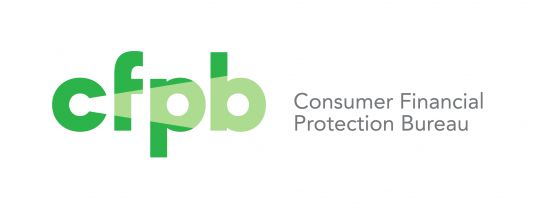
The U.S. credit card market bounced back in the second quarter as the economy improved, according to the American Bankers Association’s December 2014 Credit Card Market Monitor report. The number of new accounts increased and monthly purchase volumes picked up, while the distribution of accounts resumed its shift away from “revolvers” who carry balances month-to-month.
The report found that monthly purchase volumes also resumed their longer term growth across all customer risk profiles in the second quarter. Compared to the first quarter, monthly purchase volumes rose 14.3 percent for sub-prime accounts, 10.3 percent for prime accounts and 8.2 percent for super-prime accounts. This rebound is consistent with an improving consumer picture; retail sales saw consistent gains throughout the quarter and consumer spending picked up significantly. Similarly, the number of new accounts increased across all risk categories, with new account volumes now up 10 percent year-over-year.
“Strong economic growth in the second quarter offset declines in the first quarter,” said Molly Wilkinson, executive director of ABA’s Card Policy Council. “The significant economic growth we’ve seen in recent months makes it likely that credit card market trends will continue for the remainder of 2014 and beyond.”
More Consumers Pay Cards in Full
The distribution of accounts across activity types resumed its trend toward “transactors” in the second quarter, a departure from the previous two quarters in which the share of revolvers increased. Among all account holders, the share of transactors — those who pay their balance in full instead of carrying a balance forward — increased 0.6 percentage points to 29 percent, while dormant accounts increased 0.8 percentage points to 29.8 percent. Although still representing the largest share of accounts, revolvers fell 1.5 percentage points to 41.2 percent.
“The shift away from revolvers reflects a changing consumer marketplace,” Wilkinson said. “More and more consumers are using their credit card as a payment tool rather than a form of debt.”
Credit Lines Tick Up for New Accounts
The report also found that the average credit line for new accounts (accounts which have been opened less than 24 months) ticked up slightly for sub-prime and prime accounts (up 0.1 percent and 0.2 percent respectively), and increased moderately for super-prime accounts (up 1.2 percent). When all accounts are included, average credit lines declined across all risk types, although at a slower pace than in the previous quarter.
“As the economy improves, consumers are better able to meet their financial obligations,” Wilkinson said. “This is reflected in the small credit line increase for new accounts as lenders gain confidence in consumers’ ability to manage their household debt.”
About the Credit Card Market Monitor
The American Bankers Association Credit Card Market Monitor is a quarterly report that provides key statistics on industry trends and relevant economic factors affecting the industry. The credit card data used in the report is taken from a nationally representative sample provided by Argus Information Services LLC. Credit card data are presented as national averages for all accounts based on actual credit card account information. No individual account holder’s information or specific financial institution’s data can be identified from the data set. Other data used in the report are taken from various public and private sources, including the Department of Commerce’s Bureau of Economic Analysis and the Federal Reserve.
Answers to Frequently Asked Questions and definitions of the data presented in the ABA Credit Card Industry Monitor can be found in an Appendix attached to the monitor.
Credit Card Markets Rebound as U.S. Economy Improves
http://www.insidearm.com/daily/credit-card-accounts-receivable/credit-card-receivables/credit-card-markets-rebound-as-u-s-economy-improves/
http://www.insidearm.com/feed
insideARM











